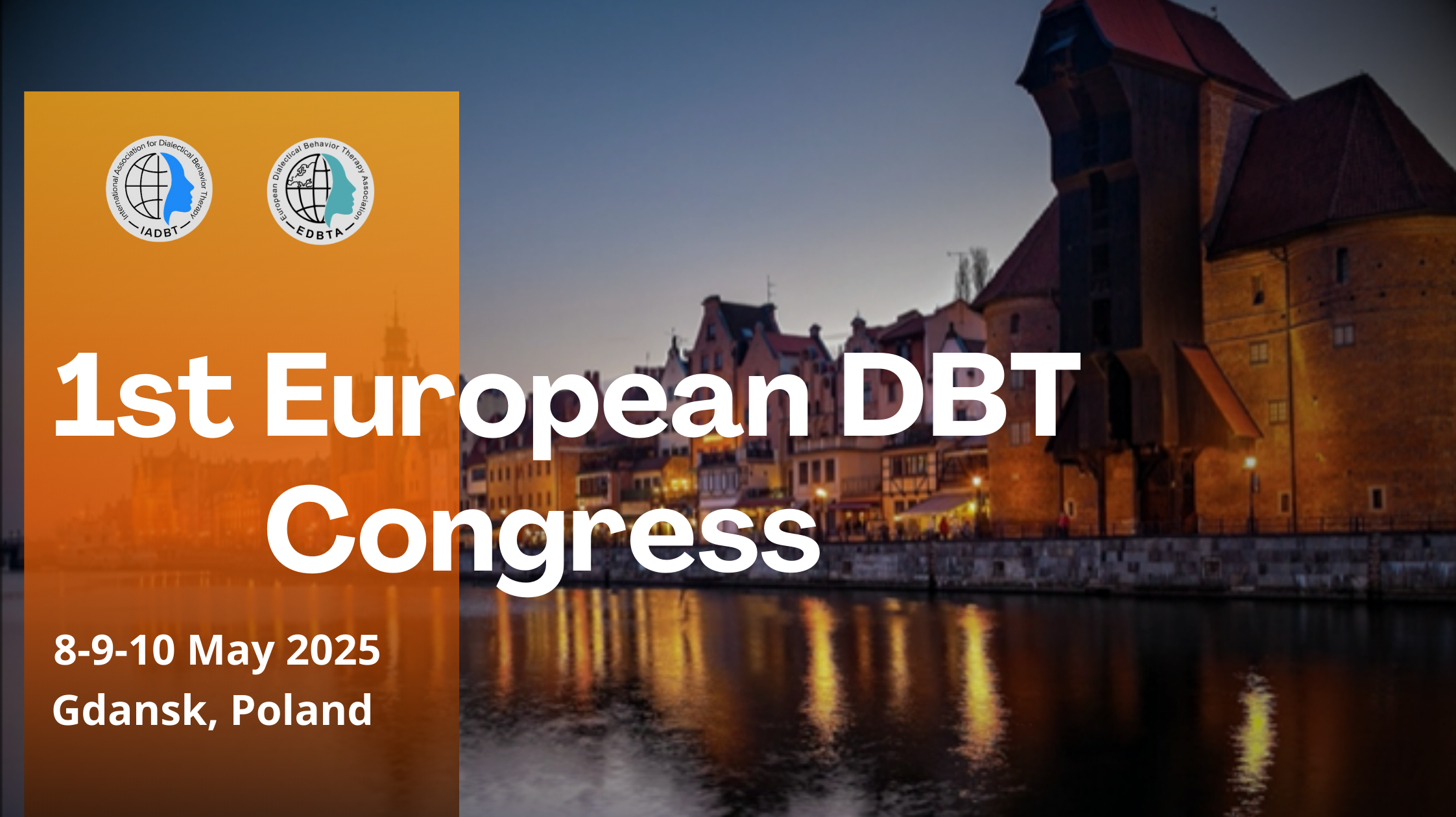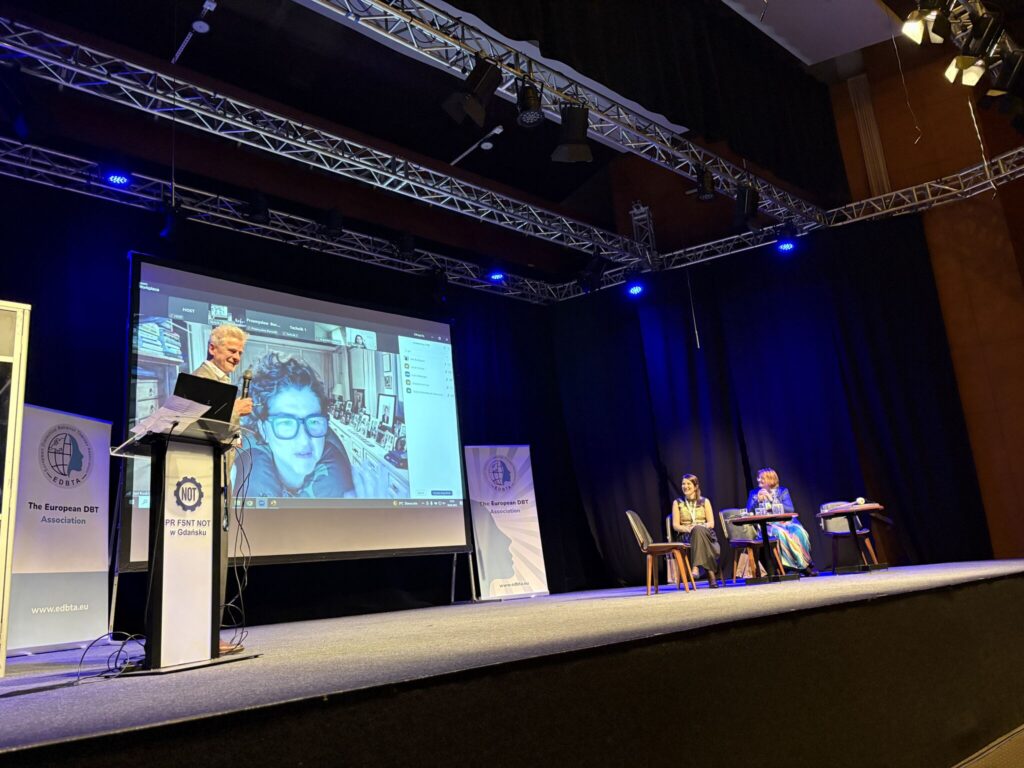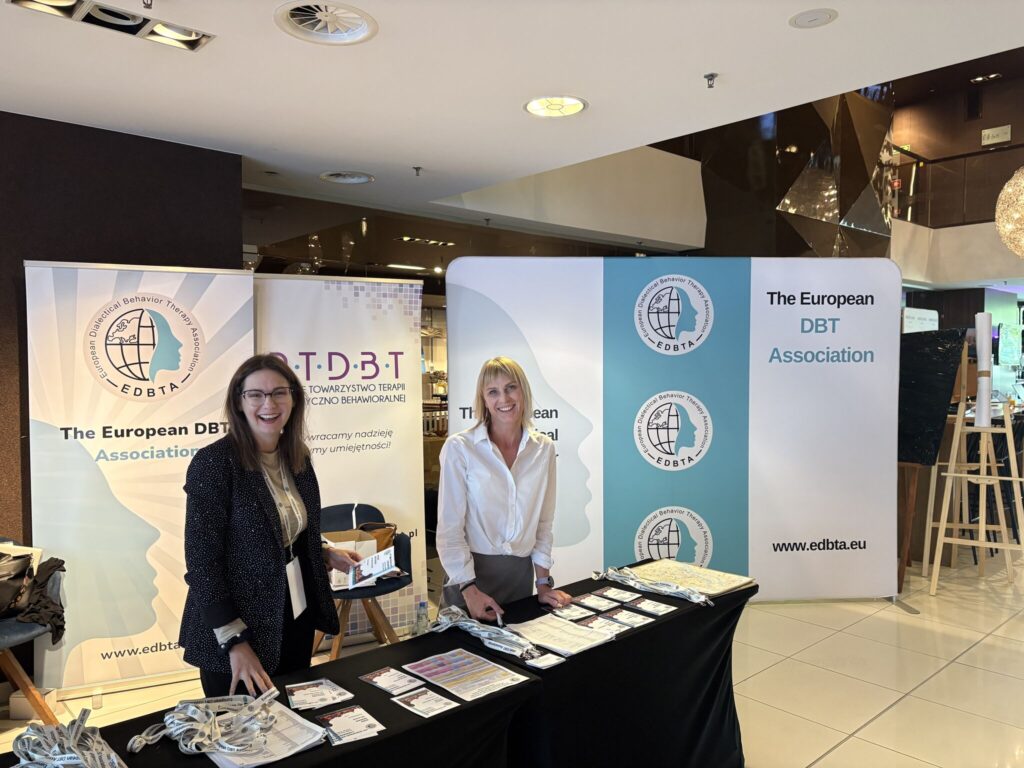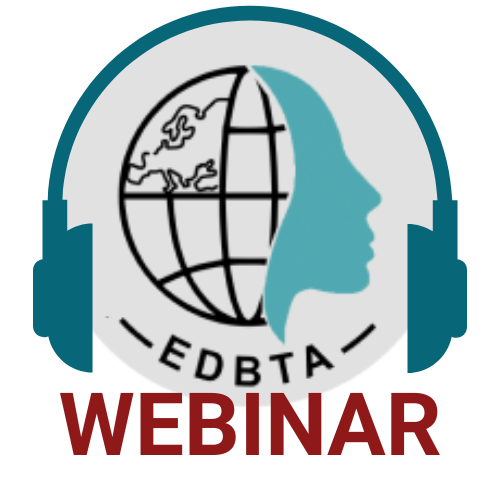Your cart is currently empty!
Category: Featured
-

What is DBT?
Dialectical Behaviour Therapy (DBT) is a scientifically grounded, highly effective form of psychotherapy developed to help individuals manage intense emotions, improve interpersonal relationships, and build a life worth living. Originally designed for people with borderline personality disorder (BPD), DBT has since proven beneficial for a wide range of mental health challenges, including depression, PTSD, eating disorders, substance use, and self-harm.
At its core, DBT balances acceptance and change. It teaches individuals how to accept themselves and their emotions, while also working toward meaningful change in how they think, feel, and interact with the world.
-

Congress 2025


Compassion Above Everything Else
From the moment Martin Bohus opened the congress with the words “DBT is more than psychotherapy—it’s a way of living, a political act, and an expression of solidarity”, the tone was set: this gathering in Gdańsk, Poland would not only advance clinical knowledge, but also speak to the heart of what brings us all to DBT—our shared commitment to reduce suffering, and to do so with skill and compassion.
Over three days, clinicians, researchers, and individuals with lived experience came together to reflect, challenge, celebrate, and grow. Michaela Swales shared powerful insights on implementation, reminding us that teams need systems that support them—because sustainability and structure are the foundation for change. Julieta Azevedo gave a forward-looking plenary on the state of DBT research, calling us to expand our evidence base and methods to reach those still too often left out.
The congress also sparked conversations in areas where DBT continues to grow. Sarah Biedermann’s work on sexuality and BPD invited us to reflect on what we may hesitate to name, and how healing must include the whole person. Luisa Weiner and Anne Huntjens made a compelling case for adapting DBT for autistic clients, reminding us that validation must always meet people where they are. Jake Camp helped us think more deeply about LGBTQ+ inclusion, safe spaces, and what truly affirmative therapy looks like.
And then there were moments that asked us to slow down and truly sit with the hardest questions. The symposium on assisted dying in the context of personality disorder, led by Christian Schmahl, Ann Berens, Ellen Clifford, and Lars Mehlum, was one such space. It reminded us that our work is not only clinical—it is profoundly ethical. The call was clear: no one should be asked to choose death without having first been offered effective, compassionate care.
While this recap touches only a fraction of what unfolded in Gdańsk, we want to express deep gratitude to every presenter, workshop leader, and participant who contributed to this extraordinary event. From intensive diary card sessions to team leadership consultations, from mindfulness to family interventions, and from discussions on dissociation to systemic barriers in care—each offering added richness and depth.
The congress closed with the Nada te turbe dance—a moving tribute to Marsha Linehan and a beautiful reminder that DBT is not just a method; it’s a way of walking with others through suffering toward life worth living.
See you in Italy, May 13–15, 2027. Until then, let’s keep the connection alive.
-

Webinars
The European Dialectical Behaviour Therapy Association hosts regular webinars to support learning, connection, and development among professionals interested in Dialectical Behaviour Therapy.
These webinars are live, online events where DBT experts present on specific topics related to DBT practice, research, or implementation. They usually include a presentation followed by a Q&A session, allowing participants to ask questions and engage with the speaker.
Purpose of EDBTA webinars:
- To share knowledge and updates from across Europe and beyond.
- To introduce new research, tools, or adaptations in DBT.
- To support clinicians, supervisors, and researchers in building and maintaining high-quality DBT services.
- To connect the DBT community by encouraging discussion and collaboration.
EDBTA webinars are free and open to all levels of experience, from those just beginning in DBT to those with years of practice. Recordings are often made available afterward for those who cannot attend live.